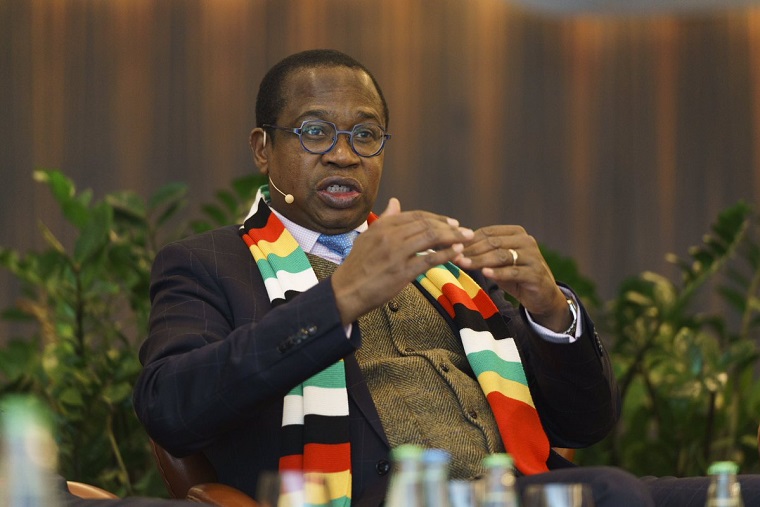 A former US Secretary of the Treasury once noted that, “the budget is not just a collection of numbers, but an expression of our values and aspirations.”
A former US Secretary of the Treasury once noted that, “the budget is not just a collection of numbers, but an expression of our values and aspirations.”
Indeed, a culture of overspending and irresponsible finances trickles down and spreads like a disease. It undermines our very basic values and aspirations. And that is why the most important step, and perhaps the most difficult, in reforming an economy is that initial act of balancing the budget.
In record time, we have made it over this first hurdle. Revenues at RTGS$1.9 billion have outperformed targets (RTGS$1.8 billion) throughout the first quarter of 2019. While expenditures have been contained at RTGS$1.5 billion against a target of RTGS$1.7 billion. This has led to savings of RTGS$218.9 million, and a budget surplus of RTGS$443.1 million. Government is finally earning more than it is spending.
No deficit. Not even breaking even. But a real budget surplus for Zimbabwe. However, the question I keep hearing is “what does this surplus mean to us?”
Well, the values enshrined in responsible economics have already started to bear fruit.
Even with the uncontrollable outside factors from Cyclone Idai and drought; our progress remains. Our foundations for long-term stability are being built. Indeed the surplus has already allowed us to tackle these particular crises head on, and with many successes.
Government, for example, had initially earmarked RTGS$50 million towards mitigating the impact of Cyclone Idai; resources which the targeted welfare of survivors, infrastructure rehabilitation in the areas of roads, bridges, water and sanitation, schools and health facilities, amongst others. The above allocation, however, has since been doubled to RTGS$100 million to cover the emergency requirements. This would be impossible without the budget surplus.
Likewise, the recent ZUPCO subsidies which are helping so many Zimbabweans on a daily basis are a direct result of this budget surplus. Sensible economics always trickles down.
The structural reforms introduced under the Transitional Stabilisation Programme are therefore providing us crucial breathing room, protecting the economy from failure.
Of course, inflation is yet to be fully tamed. However, fiscal consolidation measures, reinforced with a tight monetary policy stance together with the liberalisation of the exchange rate, are containing previously uncontrolled inflationary pressures. We must continue to tackle the widespread indiscipline in the foreign exchange market which is still a major source for parallel exchange market premiums feeding into inflation.
This austerity programme cannot merely be about balancing the budget. We have a duty to ensure that we continue to invest in the development of our people and our nation.
Continued next page
(290 VIEWS)






0 Comments